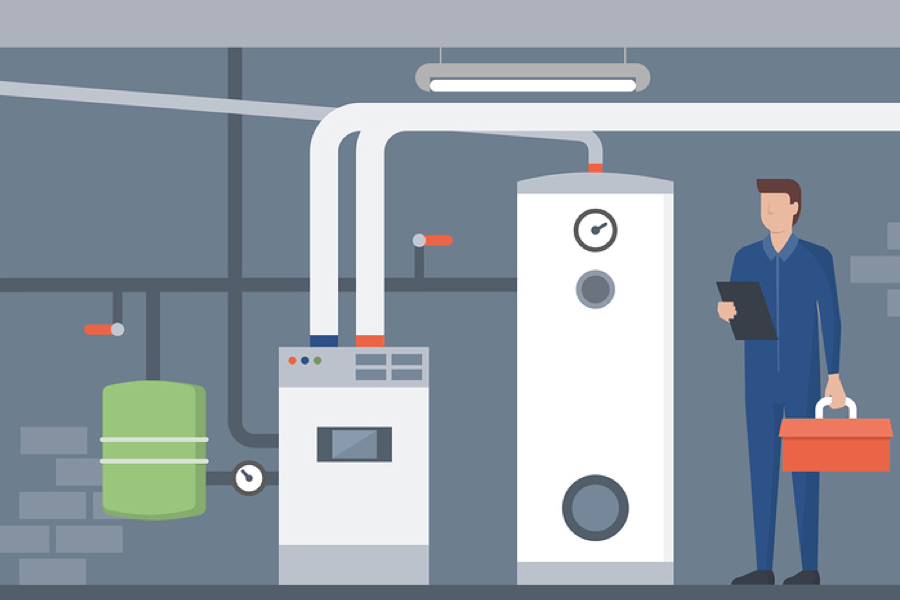The growth of ductless HVAC
What is ductless air conditioning and when is it the right choice?
First, a word of caution. When we don’t recommend going ductless, it isn’t because we have the ability to cut sheet metal on site and we want to use it. Ductless air conditioning is not for everyone and nor is it for every location. There are disadvantages, which we will list. Nevertheless, there are times when ductless is right – indeed, there are times when only ductless is possible – and the amount of ductless HVAC in America is increasing, so let’s talk about it.
So What Is Ductless A/C?
We’ll start with a summary of what we mean by ductless. Ductless air conditioning is sometimes called a mini split or a ductless split system because it has two parts:
- A compressor installed outside the building; and
- An indoor fan unit installed close to the ceiling on an exterior wall.
These two components are connected by copper lines that carry refrigerant and pass through holes drilled through the wall. The indoor unit gets its electricity from the outdoor unit and there is no need for additional wiring in the cooled room.
Where Is Ductless A/C Installed?
Ductless air conditioning systems can be installed almost anywhere, but in fact it only accounts for about 5% of the total American market, so clearly it is far from being the automatic choice. There are places where either installing ductwork or extending an existing ductwork system is not possible; clearly, if you’re going to have A/C there, it must be ductless. That can be the case particularly in very old buildings or (and this may often be the same thing) in those where the brickwork is too hard or the stonework is too thick to make installing ducts possible either at all or without a great deal of expense.
Houses that already have non-ducted heating systems – radiators, space heaters or hot water heat – are also candidates for ductless A/C, as ae multi-family homes where to have or not to have air conditioning will be a family-by-family choice.
Again, a ductless system may be preferred where only one or two rooms are to be cooled but the use of window units is frowned on either for security reasons or for lack of somewhere to store the units during the colder parts of the year.
Advantages of ductless systems
- Where the choice is between a ductless system and a window unit, the ductless system will usually be much more energy efficient and therefore cheaper to run.
- A ductless system may also be cheaper to run (and possibly make less noise) than a central system.
- It’s possible to have more than one (and up to four, depending on the load each will be required to bear) indoor units connected to one outdoor compressor.
- Ductless systems can be very flexible, and indoor units may be suspended from the ceiling as well as hung on a wall. If you have a drop ceiling, the unit can actually be embedded so that from inside the room it is flush with the ceiling.
Disadvantages of ductless systems
- The cost per ton of cooling capacity is likely to be 30% more than a central system would cost and double the cost of window units.
- You need an expert installer, because if the size and location of each indoor unit is not very accurately appraised then running costs are likely to go through the roof because of short-cycling (that is, too frequent on/offs). This will also cause temperature and humidity to be significantly different from what is intended.
- Appearance can be a problem; central ducted systems are scarcely visible, but there is no missing a ductless unit.
For all that, the ductless market is here and it is growing. Make sure you get the best advice on the right system for your home or office by calling Climate Control Services today.
You might also like
HVAC Blog | Climate Control Services LLC




